Remember Maslow’s Hierarchy of Needs?
I do — it was first introduced to me in undergrad, mixed in among the nutrition courses and anatomy labs. It was interesting for me to think about because I come from a pretty privileged background. Most all of my needs were met and I felt I was pretty dang close to self-actualization.
When I entered professional practice as a dietitian, I continued to have a rather limited understanding of people and their needs. I was aware of issues like food insecurity, health disparities, and social determinants of health. But it wasn’t until I began learning about intuitive eating, Health at Every Size (HAES), weight stigma, and healthcare bias that I broadened my view of how our needs are (or are not) being met.
Turns out, I was a much better dietitian when I considered more than just physical needs.
Important Human Needs
Afew years ago, I attended a conference where a speaker offered a laminated card at the end of her session. She worked at a residential eating disorder treatment center and the card highlighted a list of important human needs. She used it with her clients when they struggled with compulsive exercise or other compensatory or purging behaviors.
“What is one human need that you met by exercising today?”she would ask them.
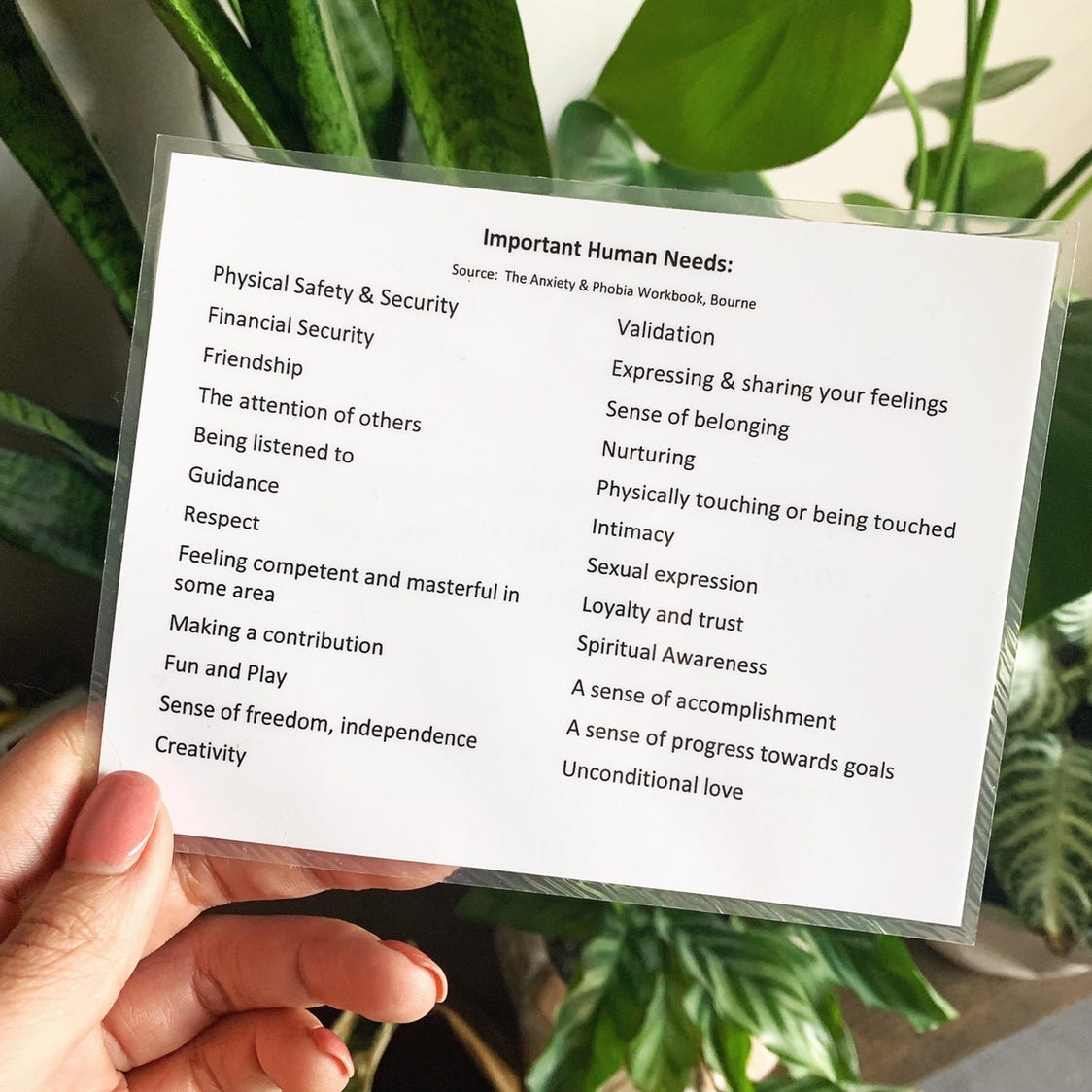
In my world, it’s usually more like:
“How do your food rules shape your identity or provide you with something you need?”
In other words, how does your diet satisfy a craving for something other than food? More often than not, cravings for a forbidden food are just one of the downsides of dieting. Yet people are starting (or restarting) trendy fad diets everywhere you look these days. So all that restriction has got to be providing something…
That card has moved with me from office to office, and now hangs on my refrigerator as a daily reminder that I am not less-than for desiring any of these things. Keeping these needs front-of-mind guides my decisions around how I eat, move, rest, and care for myself. It’s a powerful tool for guiding values-based living. I’m arguably as healthy and happy as I’ve ever been.
You could do that, too.
But that’s only if you pause to question if the things that you think lead to health and happiness might look different than what we’ve been told.
“Bad” Habits Might Be Due To Unmet Needs
I once worked with a woman who originally came to me with weight loss goals. She was cautioned by her doctor to lose weight, get healthy, make a lifestyle change, and she was feeling overwhelmed by all of it. She felt disempowered and judged — the condescending tone admonishing her habit of eating fast food wasn’t exactly motivating to hear.
And it wasn’t helpful, either.
As a logical, rational, intelligent person she knew good and well that habitually eating fast food wasn’t the most healthful choice for her. She didn’t need a lecture from myself or a doctor or anyone else to remind her of that. What she needed was empathy; a higher level of understanding that food choices and behaviors are more nuanced than simply eating for nutrition or energy.
Had her doctor taken the time to ask more questions, she might have received a more compassionate approach. As we talked it over, she revealed she lived a very chaotic life. She had a high stress job in a busy office and was often the decision maker for major projects. Overseeing a team of people meant she was routinely at the mercy of their schedules, putting out fires all day long. Afterwards she would go home to her teenage sons who were highly active in sports. If it wasn’t after school practice, it was private lessons, games, or tournaments. She also didn’t receive a lot of support from her spouse so keeping her household running was another big responsibility.
Her “bad” habit of eating fast food was the one of the only respites she had from all of that.
It was one of the only times where she could numb out, clear her mind of the next five things on her to-do list, enjoy a moment of solitude to savor something that tasted good and offered a distraction.
Sure, if we have a superficial view of health that only considers nutrition, this might seem like an unhealthy choice. But broaden that narrow view for just a moment. Think about mental and emotional health, acts of self care. Can you still argue that it’s not a healthy choice in that moment?
She was trying to provide something for herself beyond her physical, financial, and safety needs: peace and relaxation. Mentally and emotionally, she had unmet needs that manifested in what was perceived as a “bad” habit.
She needed a distraction. She needed a break.
Over time, we worked together to put a plan in place when she felt that way. Through better self care practices, setting boundaries, and voicing her needs, she was able to replace that “bad” habit with other options. But a key factor underscoring all of that work was the absence of judgment if she should turn to her original distraction.
If, after surveying the situation and contemplating her options, she still wanted to whip it into the drive thru on her way home, she could. But that permission to do so inevitably led to less frequent instances of turning to fast food for comfort. By the time we finished working together, she realized she didn’t actually enjoy the taste of what she used to crave.
That’s because it was never about the French fries in the first place.
Do you notice patterns or behaviors in your life that could potentially be due to unmet needs? Is there something that prompts you to think, “Oh I know better, but I’m going to do it anyways?”
There’s a reason why changing our habits can be so challenging — we know better. We’re logical, rational, intelligent people. If it were really that easy, don’t you think we’d all be doing it already? This is why values-based living, or living in a manner that
Intuitive Eating Can Become Intuitive Living
Becoming a more intuitive eater is just the starting point for a lot of people. After all, if you’re no longer tying your identity to how you eat or what your body looks like you can be free to explore so many other things in life.
It’s a common phenomenon for influencers in the health and wellness space to lose their sense of self if they embrace a non-diet approach. Why? Well…if they’re not talking about their workouts, what they ate, or otherwise broadcasting their lifestyle on a public platform, what do they have to talk about? What can a fitspo account share if they no longer center their body and physical appearance?
If you’re reading this: You have more interesting things to share with the world than what you put on your salad after a workout.
There are things you care deeply about. Maybe it’s the environment, or the upcoming election, or improving a skill, or supporting a social cause that impacts your life. Point is, it’s harder to focus on important things when you’re obsessed with the pursuit of weight loss. It’s hard to live out your values if all you value is a thin, fit body.
This piece from Virgie Tovar is an excellent read on why a fixation on shrinking your body in the name of “health and wellness” is likely doing just the opposite.
I can personally vouch for this. If I still spent a good chunk of my day counting up calories, obsessively exercising, or being distracted by anxious, self-loathing thoughts about my body I would never have been able to build my dream job and quit corporate life.
You were made for more than counting calories and shrinking your body. There are big, scary problems in the world but your body is not one of them.
If you care about bigger issues, and have the time and energy to contribute to solutions, it’s very possible that some of your important human needs could be met in the process.
- Feeling competent and masterful in some area
- Making a contribution
- Creativity, or expressing and sharing your feelings
- A sense of accomplishment or making progress towards a goal
- Friendship, community, or a sense of belonging
Even if those don’t apply to you, your health and happiness might still be on the rise. Body acceptance and self care can be a catalyst for the healthful behaviors that actually doimprove physical wellbeing. In part because we see a de facto placebo effect where healthy habits beget more healthy habits.
The difference? These habits aren’t motivated by the goal of weight loss, but rather an intrinsic belief that your body is worthy of being nourished and cared for no matter what size it is or what it looks like.
And thatis what might actually get you closer to a life that leaves you feeling healthy and happy.
And if you’re looking for more support for a non diet approach and intuitive eating, be sure to check out my Intuitive Eating Workbook. It’s full of resources and tools to help you kick the dieting mentality and find food freedom!
Be sure to check out our Frequently Asked Questions series where we tackle some of the most asked questions on the topic. Here are a few reader favorites:
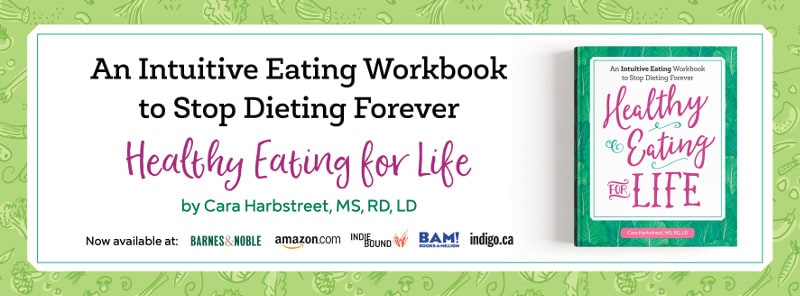
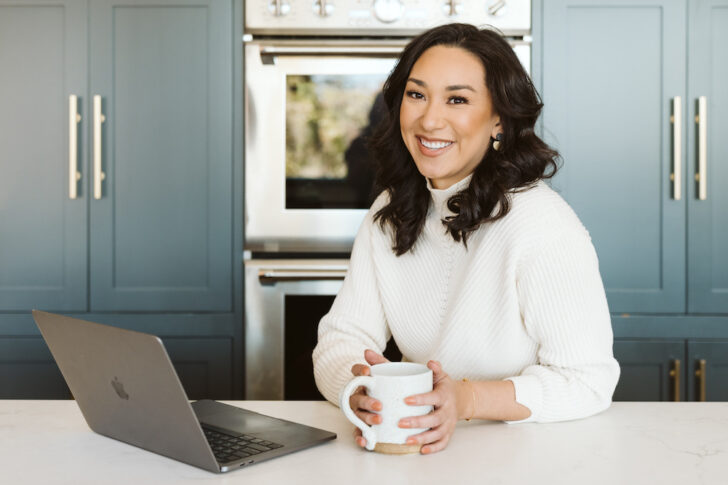
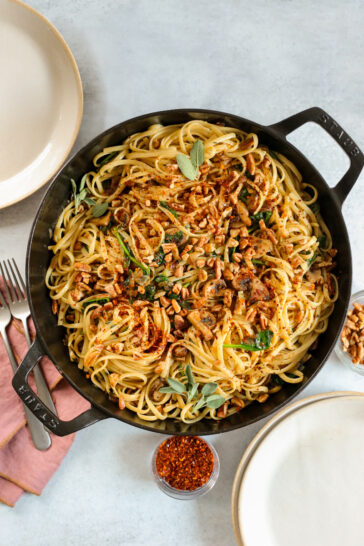
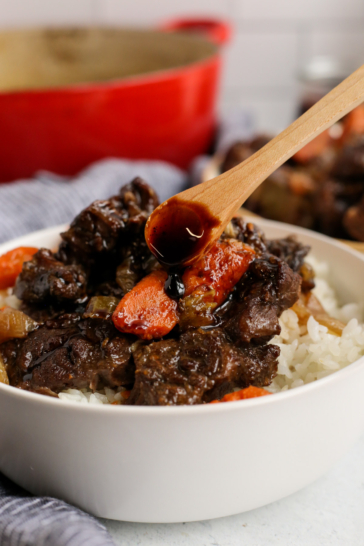
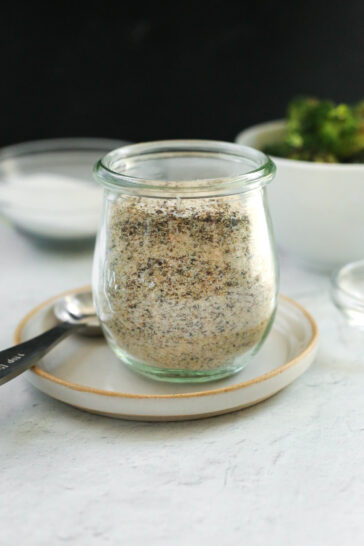
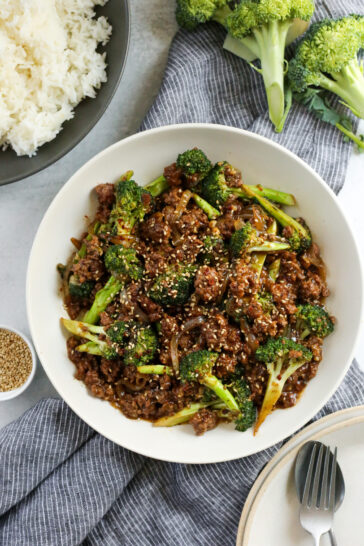
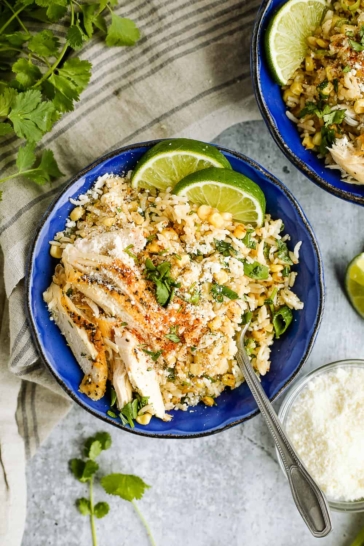
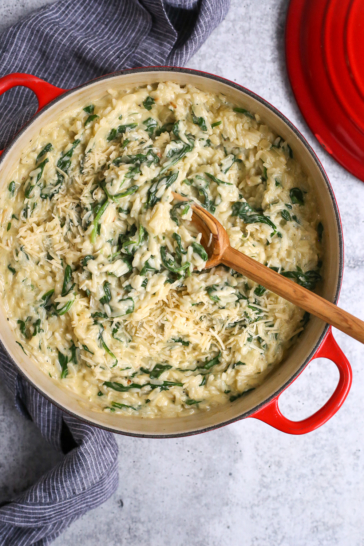







Questions & Reviews